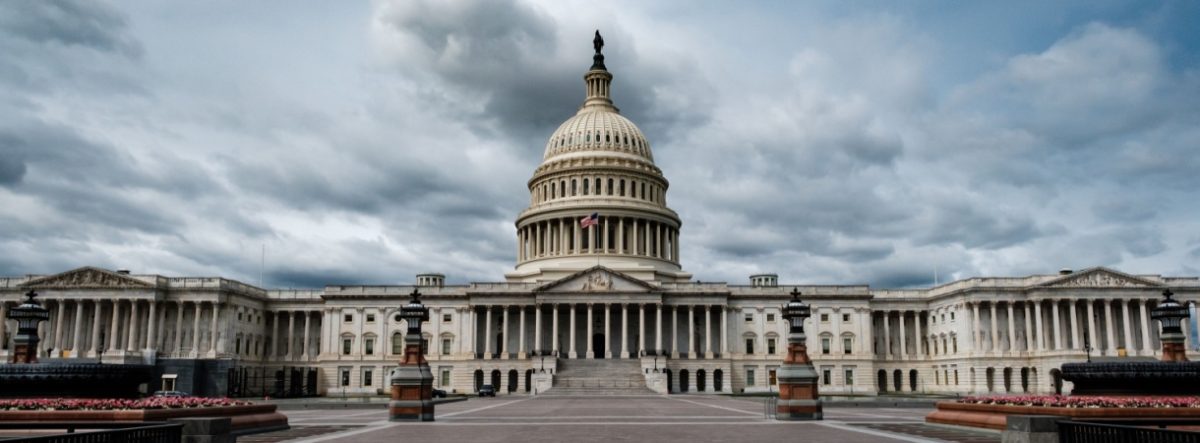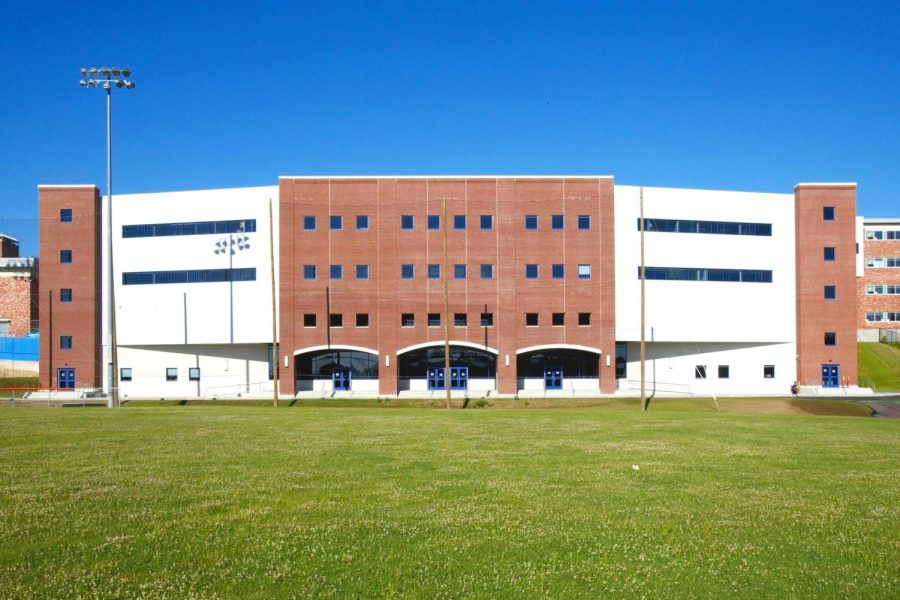Through the Eyes Of Educators: DHS’ System and Impact
January 25, 2023
As the new school years begin to roll in, Danbury High School’s parameter grows exponentially in population- far greater than ever before. However, as experienced by many students and teachers, Danbury High School lacks the necessary tools in order to control such growth.
While the teachers interviewed across DHS come from different backgrounds and have different reasons for becoming teachers, all agree on one thing- both teachers and students must hurdle against the fatal flaw of disparity at DHS.
The inequity looming through the halls at Danbury High is an irrefutable beast. Teachers struggle with having to adjust a one-size fit-all curriculum to accommodate for the four-thousand individual students who speak over forty three different languages at DHS. Even though eighty-one percent have a masters degree or higher, teachers at DHS often feel overwhelmed and are overworked due to frequent shortages and a general lack of resources.
Mr. Beliveau, an English teacher, believes that politicization of public education and the perception of the curricula based on political ideology nationwide has a massive impact on all students. He believes the constant fear of judgment and risk of failure has limited the potential of creativity in teachers. While there is a general consensus amongst teachers to simply meet the teaching agenda, many teachers at Danbury High School want to and are willing to go above and beyond for their students- if only they had the resources to do so.
Many teachers must often resort to spending on student supplies from their own pocket in order to teach, due to a lack of resources and funds placed in the education system, especially in the STEM department. They demand change from the city. One science teacher stated, “The city refuses… there is no money in the science department to pay unless it’s out of my own pocket, which is unacceptable.”
Teachers at DHS are undermined and undervalued for the effort they put in and the results they are expected to produce (despite a shortage of necessities). Teachers also find that they do not have enough to meet the needs that students have, along with substantial language barriers that create gaps between educators and their students.

One English teacher expressed feelings of frustration by the absence of understanding from those in charge: “The job is full of impossibilities, the job is full of moral impossibilities, It’s not really burn-out, it’s demoralization. If you’re asking kids to complete something outside of their scope you create helplessness, constantly asking someone to do something they cannot do, all they learn is that they can’t do things, you’re actively doing damage because you’re setting them up for something they can’t do and wasting time when you could be getting them closer to something they can do.” Mr. Holmes, a history teacher, shares similar sentiments, stating that the most valuable thing in a learning experience is that teachers are able to have a connection with their students. No matter the attempts of substitution of this connection in the education system, the deprivation of this very quality equates to the deprivation of all things meaningful.
While some teachers know exactly who to blame, and others believe the deprecation of education is a nation-wide crisis, all teachers interviewed suggested idealistic solutions. These suggestions include: increases in SIOP training for teachers who teach ESL students, different level assessments for ESL students, more flexibility for teachers to teach in creative and engaging ways, more bilingual teachers and support staff, and smaller class sizes.




















